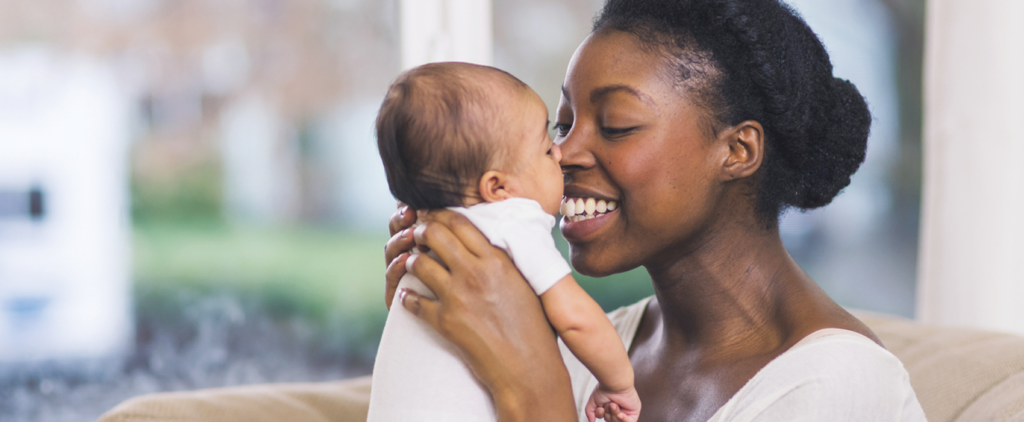IS INCONTINENCE “NORMAL” AFTER GIVING BIRTH?

The involuntary leakage of urine that new moms experience, or incontinence, usually while sneezing, coughing, lifting, running/jumping, and or laughing (stress incontinence) is very common after giving birth. Urge incontinence can also occur if you have the urge/sensation to urinate more often than you really should. However, I would not go as far as saying that it is “normal” after giving birth.
Pelvic Floor (PF) weakening is a result of several things. During pregnancy, your PF is all stretched out from the weight of your uterus ballooning out. Additionally, hormones and the birthing process all add to the weakness. Finally having multiple pregnancies adds to this issue.
Far too many patients have told me that even years after delivering their babies, they were told by their OB/GYN that incontinence is “normal” and so they have just learned to live with it, wearing pads on a daily basis and praying they don’t smell like urine.
I’m here to tell you that it is not normal. It may be common (more than 50% of you postpartum will experience this), but it should not be your new norm and you should never have to just live with it. With some help from a trained and qualified Pelvic Floor Physical Therapist, you should have that bladder under control in as little as 2-4 weeks postpartum.
Depending on the type of Incontinence, during your Initial Evaluation, you will be taught how to train your pelvic floor muscles to contract correctly and efficiently (AKA Kegels). Additionally, you will be educated on the anatomy of the Pelvic Floor, good bladder hygiene techniques, urge suppression techniques and proper bladder emptying techniques as well as diet education on bladder irritants. Additionally, you may need some Biofeedback with electrodes if you are having a difficult time finding your Pelvic Floor.
Kintsugi Physical Therapy & Wellness can help get you back on track for better function and well being so you don’t have to just live with incontinence.
